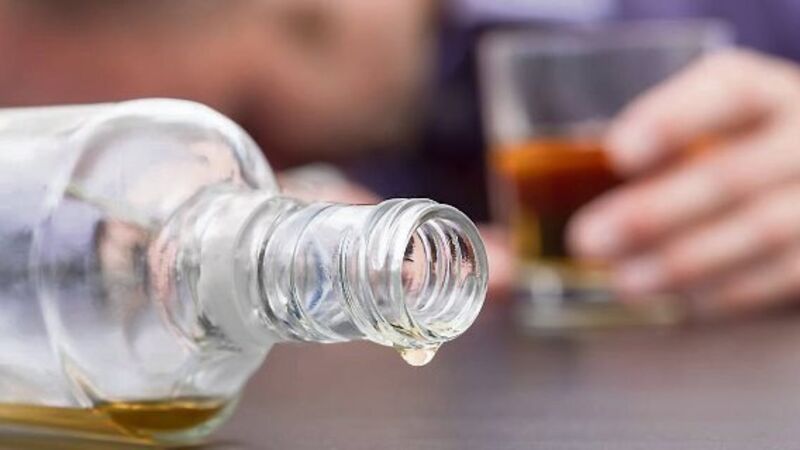Minimum pricing is a promising strategy for reducing health burden

It’s not radical, it isn’t even certain when it will become law, possibly not before the general election, and there are disappointments about what it does not contain, but most important of all is that it is a start.
This is legislation on alcohol which is contained in a public health bill, and not a licensing one, and that is a very significant step in the place that is Irish la-la land in terms of acknowledging our relationship with drink and the harm it does us as a race.















